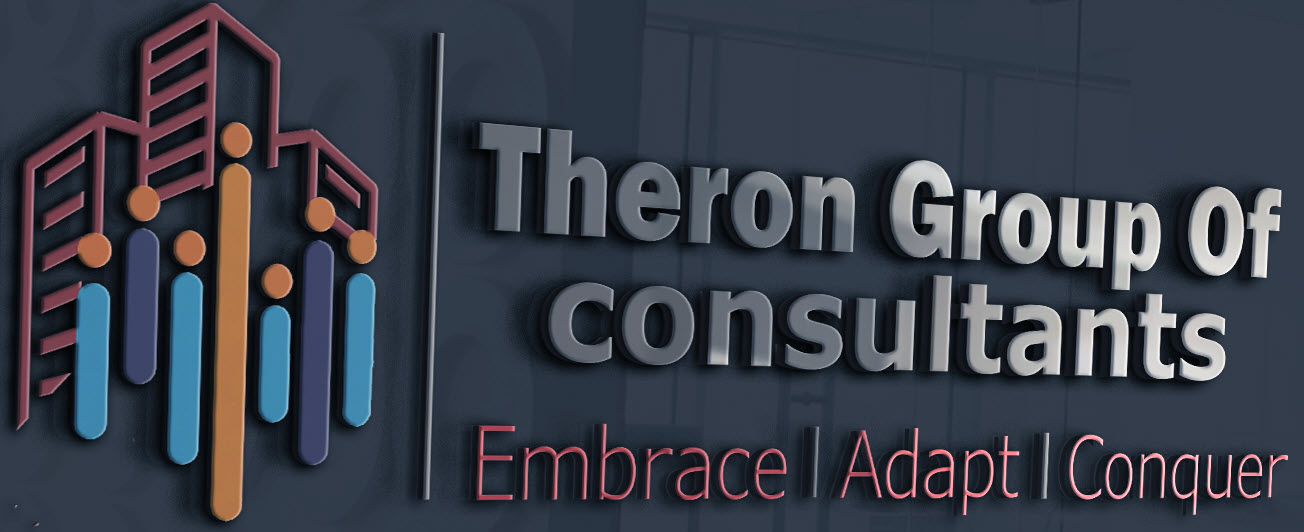Agency in the context of the director-shareholder relationship. Agency Problem, Costs and Solutions.
Agency in the context of the director-shareholder relationship
As companies have become larger / global, the gap between the directors and the shareholders has increased, increasing the chance that directors do not act in shareholder interests. Agency is a significant issue in corporate governance because of the dominance of the joint-stock company, the company limited by shares as a form of business organization. For larger companies this has led to the separation of ownership of the company from its management. The owners (the shareholders) can be seen as the principal, the management of the company as the agents.
Although ordinary shareholders (equity shareholders) are the owners of the company to whom the board of directors is accountable, the actual powers of shareholders tend to be restricted. They normally have no right to inspect the books of account, and their forecasts of future prospects are gleaned from the annual report and accounts, stockbrokers, journals and daily newspapers.
The day-to-day running of a company is the responsibility of the directors and other managers to whom the directors delegate, not the shareholders. For these reasons, therefore, there is the potential for conflicts of interest between management and shareholders.
The agency problem
The agency problem in joint stock companies derives from the principals (owners) not being able to run the business themselves and therefore having to rely on agents (directors) to do so for them. This separation of ownership from management can cause issues if there is a breach of trust by directors by intentional action, omission, neglect or incompetence. This breach may arise because the directors are pursuing their own interests rather than the shareholders’ or because they have different attitudes to risk-taking to the shareholders.
For example, if managers hold none or very little of the equity shares of the company they work for, what is to stop them from working inefficiently, concentrating too much on achieving short-term profits and hence maximizing their own bonuses, not bothering to look for profitable new investment opportunities, or giving themselves high salaries and perks?
One power that shareholders possess is the right to remove the directors from office. But shareholders have to take the initiative to do this, and in many companies, the shareholders lack the energy and organization to take such a step. Ultimately, they can vote in favor of a takeover or removal of individual directors or entire boards, but this may be undesirable for other reasons.
Agency costs
To alleviate the agency problem, shareholders have to take steps to exercise control, such as attending AGMs or ultimately becoming directors themselves. However, agency theory assumes that it will be expensive and difficult to:
Verify what the agent is doing, partly because the agent has available more information about his activities than the principal does
Introduce mechanisms to control the activities of the agent
The principals therefore incur agency costs, which are the costs of the monitoring that is required because of the separation of ownership and management.
Common agency costs include:
- Costs of studying company data and results
- Purchase of expert analysis
- External auditors’ fees
- Costs of devising and enforcing directors’ contracts
- Time spent attending company meetings
- Costs of direct intervention in the company’s affairs
- Transaction costs of shareholding
To fulfil the requirements imposed on them (and to obtain the rewards of fulfilment) managers will spend time and resources proving that they are maximizing shareholder value by, for example, providing increased disclosure or meeting with major shareholders.
Agency costs can be expensive for shareholders only holding shares in a few companies. For larger- scale investors, holding a portfolio containing the shares of many different companies, agency costs can be prohibitive. This illustrates the importance of minimizing agency costs by aligning the interests of shareholders and directors.
Resolving the agency problem: alignment of interests
Alignment of interests is accordance between the objectives of agents acting within an organization and the objectives of the organization as a whole. Alignment of interests is sometimes referred to as goal congruence, although goal congruence is used in other ways. Alignment of interests may be better achieved and the ‘agency problem’ better dealt with by giving managers some profit-related pay, or by providing incentives that are related to profits or share price.
pg. 2 Unite Member of {Institute of Directors, Chartered Governance Institute, Compliance Institute South Africa, SAIFM}Examples of such remuneration incentives are:
(a) Profit-related/economic value-added pay
Pay or bonuses related to the size of profits or economic value-added.
(b) Rewarding managers with shares
This might be done when a private company ‘goes public’ and managers are invited to subscribe for shares in the company at an attractive offer price. In a management buy-out or buy-in (the latter involving purchase of the business by new managers, the former by existing managers), managers become joint owner-managers.
(c) Executive share option plans (ESOPs)
In a share option scheme, selected employees are given a number of share options, each of which gives the holder the right after a certain date to subscribe for shares in the company at a fixed price. The value of an option will increase if the company is successful and its share price goes up, therefore giving managers an incentive to take decisions to increase the value of the company, actions congruent with wider shareholder interests.
Shareholder-auditor relationship
The shareholder-auditor relationship is another agency relationship on which corporate governance guidance has focused. The shareholders are the principals, auditors are the agents and the audit report the key method of communication. The agency problem with auditors is that auditors may not be independent of management. They become too close to management or are afraid that management will not give them non-audit work. This significant problem is one that corporate governance codes have sought to address. The agency problem

